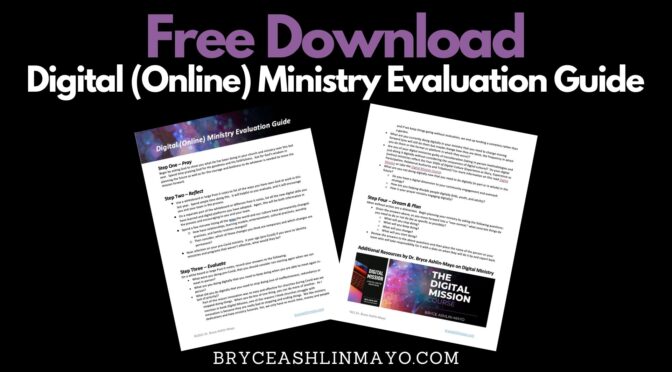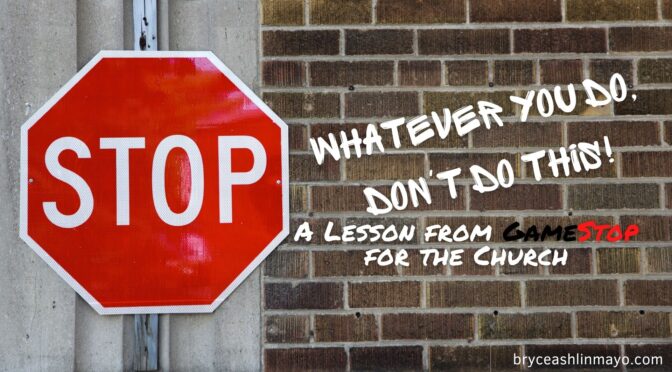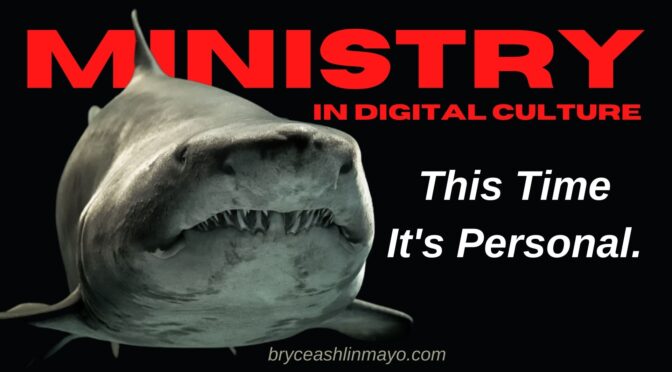As Spring approaches and the 2020/21 ministry year comes to an end, it may be tempting to turn the page on this unique Covid ministry year and not look back. Yet, in the midst of this unique year, there are countless important lessons to learn, new competencies to cultivate and fresh opportunities to explore.
Whether the Fall of 2021 will be a post-Covid new normal or whether we will still be under increased restrictions (due to new variants or some unforeseen wrinkle in the vaccine distribution), it is vital to stop, take stock, give thanks and evaluate the past ministry year with both a wide and long lens into the future.
We need to look into the future with a wide lens.
Digital ministry is not just about streaming your weekly in-person worship services! Its implications are much wider and it’s potential much greater (especially for expressions of community and opportunities for outreach). Most churches moved online in the pandemic in a bit of an understandable panic and didn’t really consider the uniqueness of digital culture. As a result, our methodologies and missiologies were not well-formed and effectiveness suffered. As you begin planning forward, recognize the world has forever been reshaped (we took 10 years of inevitable change and crammed it into a year) and we need to adapt accordingly. As you continue to serve your church and community, it is vital that you consider the “why” and the “how” of online ministry rather than simply adding a camera and live streaming your in-person ministry activity.
We need to look at the future with a long lens.
If digital ministry last year was largely motivated by a crisis, its future must be carefully considered for long-term impact and effective implementation. We are in the midst of the digital revolution and although many things we did in-person are going to have an understandable resurgence, it will level out to a new hybrid-normal for most things in society. In the same way that people will learn and work in more hybrid ways, they will also engage that way in church. Thus, it is vital to recognize that digital (online) ministry was not just a pandemic necessity but will become a long-term reality in part or in whole.
Digital (Online) Ministry Evaluation
To aid in this evaluative process, I created the Digital (Online) Ministry Evaluation Guide to help you do just that. It is designed to help you reflect on the effectiveness of your digital ministry, what you need to stop doing, what you need to keep doing and how to make what you continue to do more effective in the future.
Some of the content in the evaluation form is based on the content of my book “Digital Mission: A Practical Guide for Ministry Online” and the digitalmissioncourse.com. Both of these resources will help you and your church, ministry or organization think and adapt to the digital future.
To facilitate your evaluation, use the free pdf download as a guide for individual reflection or for an upcoming staff meeting/retreat as a way to spark conversation and ignite change. Don’t let this last year go by in vain but rather use it as a catalyst for ministry/mission advancement.
Download the FREE evaluation guide here:







